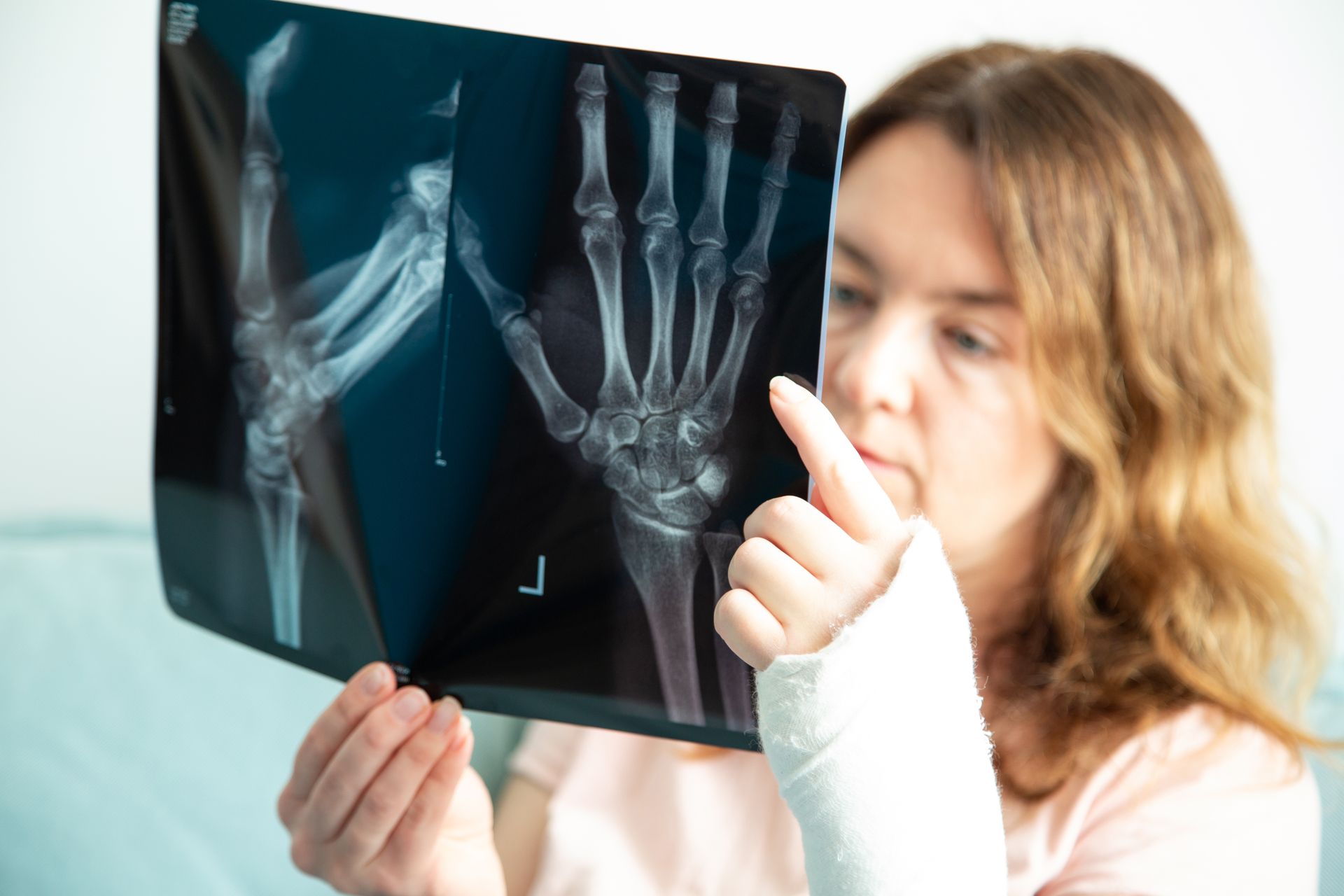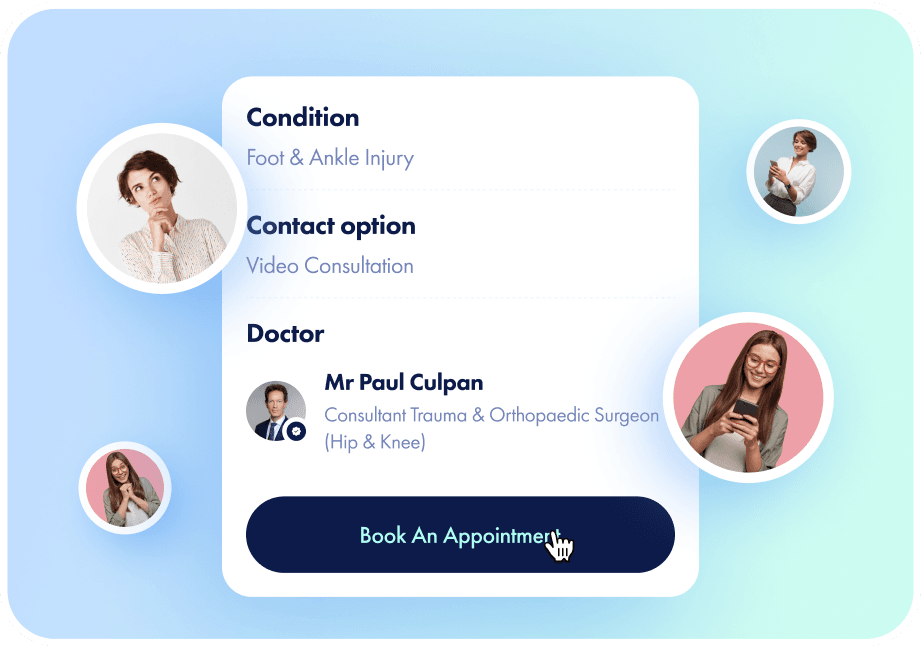What Causes Osteoporosis?
Bones can lose density due to a number of different reasons. Below is a list of common osteoporosis causes and risk factors:


Osteoporosis, also known as "brittle bone disease," is a condition that weakens your bones, making them more susceptible to fractures. It often progresses silently, with no symptoms until a fracture occurs. While more common in older adults, osteoporosis can affect people of all ages. Fortunately, there are steps you can take to prevent or manage osteoporosis and maintain strong, healthy bones throughout your life.
You are not required to provide a referral letter from your doctor or GP.
Start a visit quickly and discreetly whenever works best for you.
Our doctors review symptoms, prescribe treatments if needed.
Proceed with your healthcare journey as you wish. You're in control.
You control medical records, access anytime.
How would you know if you had osteoporosis? Chances are, you wouldn’t. Osteoporosis is often called the “silent disease” because it typically doesn’t present any symptoms until a bone breaks. But again, not every bone fracture stems from osteoporosis.
The only reason a doctor would suspect osteoporosis in a bone fracture case is if the incident that caused the fracture would not normally cause a healthy bone to break.
For instance, bones with osteoporosis can easily break due to minor falls or bumps. In more severe cases, bones can fracture simply from the stresses of bending, lifting, coughing, or sneezing. Extreme osteoporosis can weaken bones to the extent that they fracture spontaneously.
Although osteoporosis can weaken any bones in your body, it mostly affects hip bones, wrist bones, and the vertebrae making up the spine.
You may also experience more subtle osteoporosis symptoms such as:
Lower back pain
Changes in posture, particularly stooping forward or hunching the back
Losing your body height by an inch or more
Bones can lose density due to a number of different reasons. Below is a list of common osteoporosis causes and risk factors:
Ageing
Once you’re past the age of 35, your bones naturally begin to degrade and lose mass as bone regeneration processes slow down. The rate of this degradation is not linear, constant, or predictable, and it may be higher in some people than others.
Sex
Women start losing bone mass earlier and faster than men. The risk of osteoporosis is especially high in post-menopausal White and Asian women. Women are thought to undergo drastic hormonal changes that interfere with bone health.
Body frame and build
Having a body mass index (BMI) of 19 or less puts you at a higher risk of developing osteoporosis. A slender build means you have less bone mass to begin with compared to thick-boned individuals.
Family history of osteoporosis
If some of your close family members have (or had) osteoporosis, you’re at high risk of developing it too.
Diet
A diet low in calcium or vitamin D can accelerate the onset of osteoporosis. Bones are mostly made of calcium. If the body can’t get enough calcium from the food you eat, it will start pulling it from bones, thinning them in the process. Vitamin D helps with calcium absorption.
Hormonal imbalances
Certain hormones are essential for maintaining strong, healthy bones. Specifically, women with low oestrogen levels and men with low testosterone levels are at higher risk of developing osteoporosis.
Medications
Certain medications, such as corticosteroids, anticonvulsants, thiazolidinediones, and chemo drugs, interfere with bone density. Long-term use of such drugs could lead to osteoporosis.
Lifestyle
If you lead a sedentary lifestyle, you risk developing osteoporosis. It’s a classic case of “use it or lose it.” Also, heavy alcohol consumption and smoking have been shown to negatively impact bone health.
Pre-existing medical conditions
Some health conditions, such as hormonal disorders, certain types of cancer, rheumatoid arthritis, gastrointestinal diseases, and HIV/AIDS, raise the risk of osteoporosis.
Сontact us to schedule an appointment or learn more
Conveniently reserve your spot with just a few clicks through our easy-to-use online booking system.
Have a question or request? Drop us a message, and our team will get back to you promptly.
Feel free to give us a call, and our friendly staff will be glad to assist you over the phone.
From Home or Face to Face, all at your convenience
Schedule a Video Consultation or a Face-to-Face appointment at your convenience by using our online booking system.
Schedule a Video Consultation or a Face-to-Face appointment at your convenience by using our online booking system.
Your dedicated Specialist Doctor will provide you with personalized treatment, tailoring it to your specific needs, and may include necessary medication.
Our facilities are regularly inspected to ensure compliance with the highest industry standards.
Quick access to parking and
public transport
Helpful, accommodating staff
Comfortable and
calming environment










